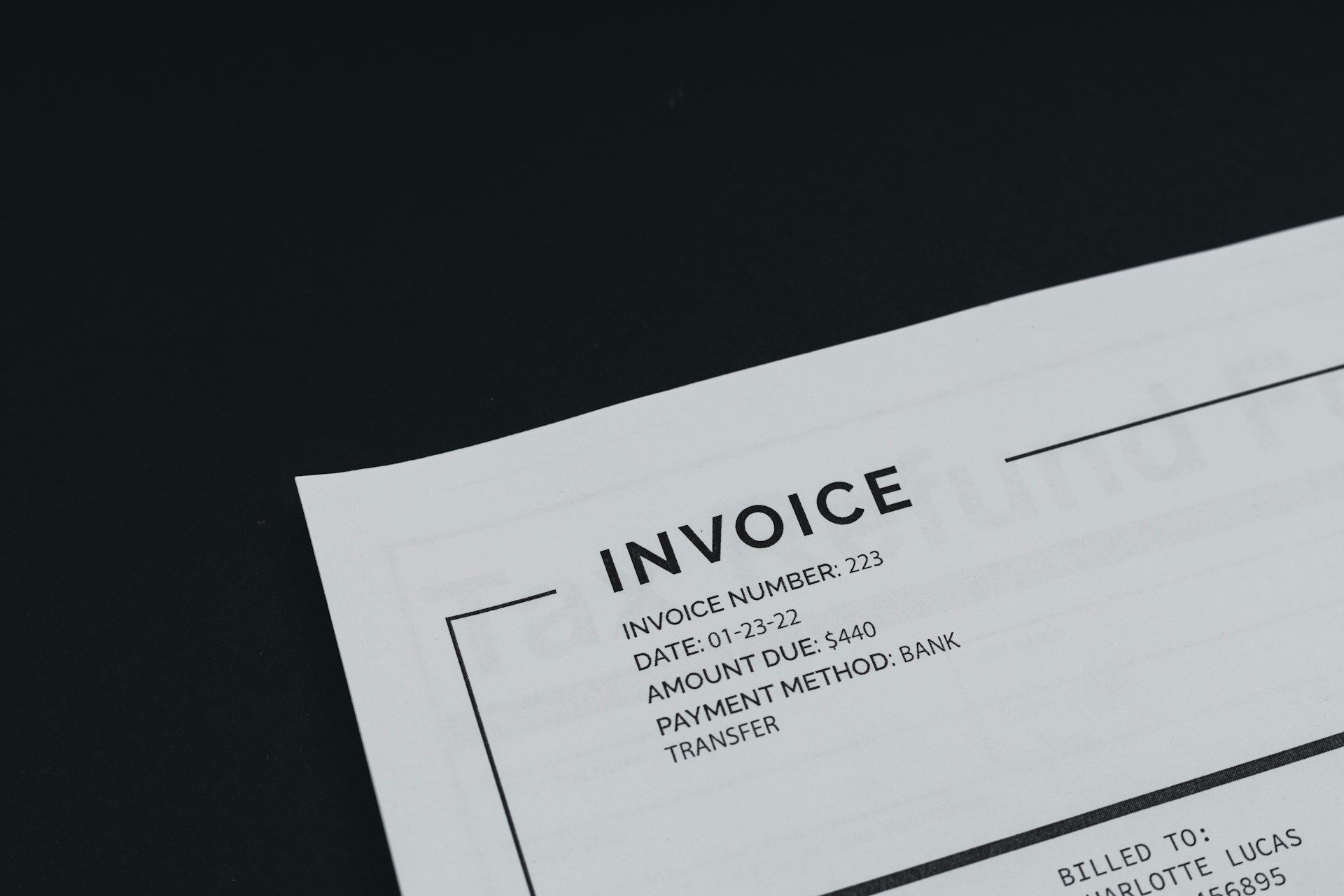Title Insurance in Texas: What It Covers (and What It Doesn’t)
Understanding Title Protection in Texas Real Estate
Buying a home or commercial property in Texas is an exciting milestone—but before you sign the closing documents, it’s essential to make sure the property’s title is clean and protected. At Aaron C. Lee Law Firm, we guide buyers, sellers, and investors through every stage of their real estate transaction, ensuring there are no hidden surprises after closing. One of the most common questions we hear is: What does title insurance actually cover?
Below, we’ll explain what title insurance is, why it matters, and what you should know before you close on your next property in Collin County or anywhere across North Texas.
What Is Title Insurance?
Title insurance is a one-time policy that protects property owners and lenders against losses from defects in a property’s title. In plain terms, it’s designed to ensure that the person selling you the property truly owns it—and that there are no legal claims, liens, or ownership disputes that could threaten your rights later.
In Texas, title insurance is regulated by the Texas Department of Insurance (TDI), which means premiums are consistent statewide. You’ll typically see two policies at closing:
- Owner’s Policy – Protects the buyer’s ownership interest in the property.
- Lender’s Policy – Protects the mortgage lender’s interest until the loan is paid off.
Why Title Insurance Matters
Real estate ownership in Texas carries with it a long paper trail. Every time a property changes hands, new deeds, liens, and releases are recorded. A simple filing mistake, unpaid contractor bill, or forgotten heir from decades ago can create serious complications for new owners.
Without title insurance, you could face:
- Expensive legal fees to defend your ownership rights.
- Unexpected claims from prior owners, contractors, or taxing authorities.
- Delays or even cancellation of future sales or refinances.
Title insurance ensures that if a covered issue arises, your policy pays for the legal defense and—if needed—reimburses you for your loss. It’s one of the few times in real estate where a single payment provides long-term protection.
How the Title Process Works
Before you close, a title company conducts a comprehensive title search to verify ownership history and identify potential problems. Here’s how that process typically unfolds in Texas:
- Title Search – The title company examines county records for liens, judgments, easements, and prior transfers.
- Title Commitment – A preliminary report showing any issues that must be resolved before closing.
- Curative Work – The attorney or title team clears defects (e.g., obtaining releases or correcting deed errors).
- Issuing the Policy – Once the property is confirmed clear, title insurance is issued at closing, and you receive your final policy after recording.
At Aaron C. Lee Law Firm, we coordinate this process through our trusted partner, Alamo Title, providing clients a seamless experience from contract to closing.
What Title Insurance Covers
While each policy is specific to the property, most title insurance in Texas covers:
- Errors in recorded deeds or documents
- Undisclosed heirs or ownership disputes
- Forged or fraudulent signatures
- Improperly recorded releases or liens
- Unpaid taxes or special assessments
- Mistakes in the public record
If any of these issues come to light after your purchase, your title insurance will typically cover the legal defense costs or financial loss up to the policy amount.
What Title Insurance Does Not Cover
It’s just as important to understand what isn’t covered. Title insurance doesn’t protect against issues that arise after the date of purchase or matters you were already aware of. Typical exclusions include:
- Boundary disputes or survey errors not shown in records
- Zoning violations or land-use issues
- Environmental or structural problems
- Easements or restrictions you accepted during the purchase
- Liens or claims that appear after closing
An attorney’s review before closing ensures you know exactly what’s on your title commitment and helps identify any potential risks your policy might not cover.
Common Title Issues in Texas
Even with careful recordkeeping, Texas properties often come with unique title challenges. Common examples include:
- Unreleased Deeds of Trust: A prior loan was paid but never properly released.
- Mechanic’s Liens: A contractor or subcontractor wasn’t paid and filed a lien.
- Probate-Related Claims: A previous owner died without a will, leaving uncertain heirs.
- Boundary or Easement Conflicts: Recorded easements can affect property use or access.
- Errors in Legal Descriptions: A minor typo can impact property boundaries or ownership records.
Our firm frequently identifies and resolves these problems before closing to ensure you receive clear title.
Challenges Clients Often Face
Many buyers assume the title company handles everything, but title companies cannot provide legal advice. Without attorney involvement, clients might sign documents they don’t fully understand or overlook exceptions in the title commitment that affect ownership rights.
Common issues include:
- Misunderstanding what “Schedule B” exceptions mean in a title commitment.
- Failing to notice easements or HOA restrictions that limit property use.
- Not addressing minor defects that can become major problems when selling later.
With legal guidance, these issues can be spotted and solved early—often saving time, money, and stress.
How Aaron C. Lee Law Firm Can Help
Our firm works directly with Alamo Title and other trusted local partners to streamline the closing process. We review title commitments, resolve curative issues, and explain every step in clear, plain language. Whether you’re purchasing your first home, refinancing, or closing on a commercial property, our team provides the oversight that keeps your transaction on track and your ownership secure.
Having an attorney involved also means your interests—not just the transaction—are protected.
Ready to Close with Confidence?
Protect Your Investment from Day One
Title insurance is more than a formality—it’s peace of mind. If you’re buying or selling property in Allen, Plano, McKinney, Frisco, or anywhere in Collin County, Aaron C. Lee Law Firm can help you navigate the title process with clarity and confidence.
Contact our office today to discuss your upcoming closing or request a title review. We’re here to make sure your property truly—and legally—belongs to you.
Recent Posts






